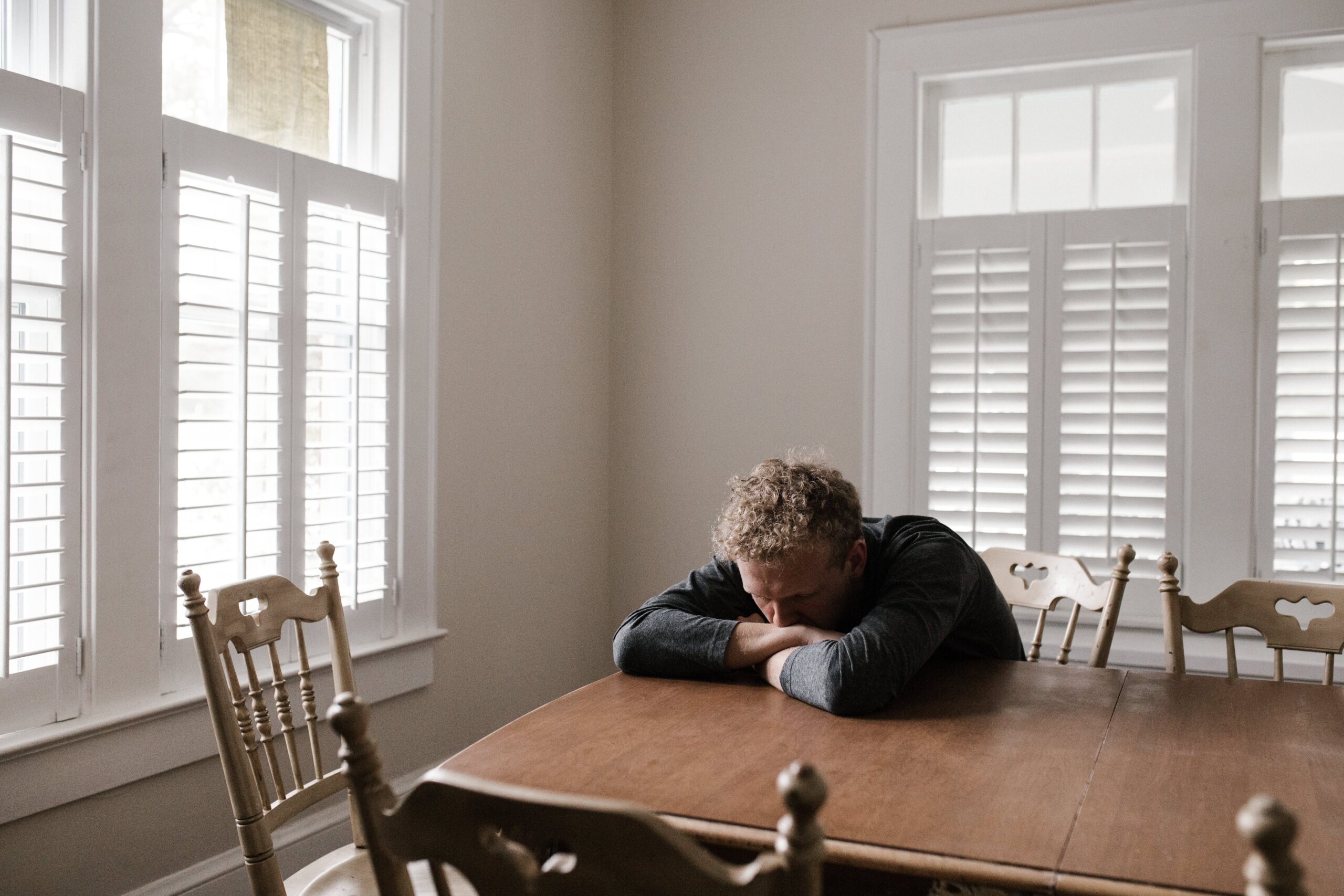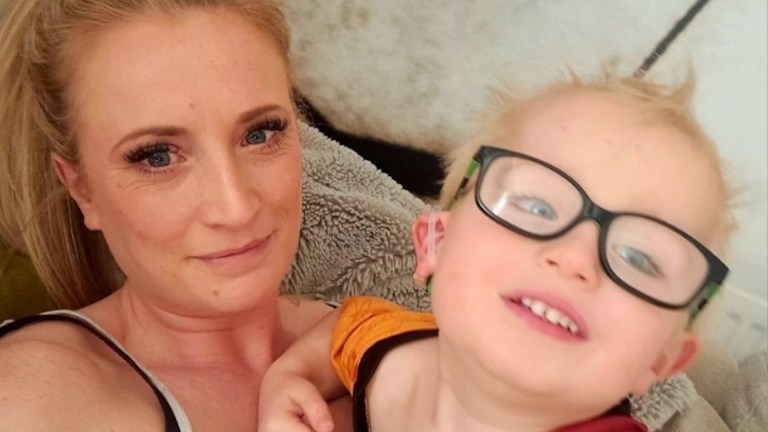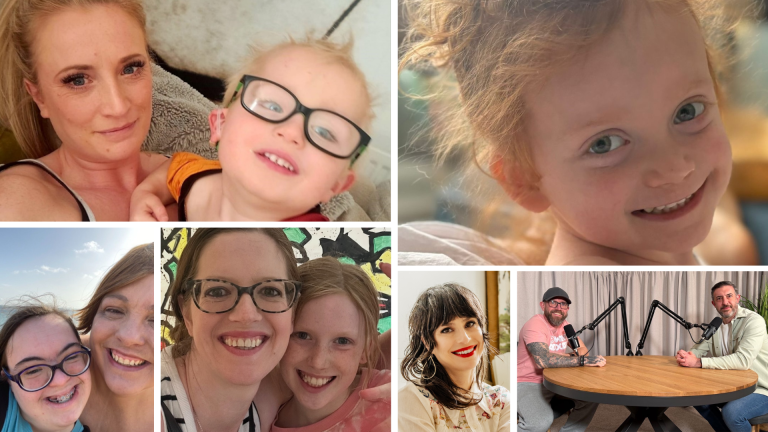Mind is calling on the government to make sure benefits cover the essentials. Research from the Joseph Rowntree Foundation and Trussell Trust has found that universal credit claimants are £35 short of the money they need to live each week.
One in three people receiving universal credit reporting deepening depression, Mind has revealed. A fifth (20 per cent) of people receiving universal credit reporting disordered eating.
Dominic Vega, 40, who tried to take his own life twice in 2022 due to symptoms from post traumatic stress disorder, found the cost of living crisis impacted his mental health greatly after the loss of his job.
Your support changes lives. Find out how you can help us help more people by signing up for a subscription
He said: “I’m not feeling great about the future. I’m aware there are darker times ahead coming with the cost of living crisis, I’m having trauma treatment right now, currently on a waiting list for further trauma therapy, and I’ve got to worry about the cost of living crisis.
“The added stress of the cost of living crisis impacted me hugely, because it was fears and anxieties I didn’t need on top of my PTSD and depression. It haunts me to this day how I will survive and how I can provide for myself and my son with benefits being looked into and possibly reduced. My mental illness is severe without the cost of living crisis putting more stress on me.
“Right now, the most important thing for me is the next day. Only taking things one day at a time. If I start worrying about the future, I’ll revert back to what I’m used to because old habits die hard.”
Mind is also urging the Department for Work and Pensions (DWP) to reconsider changes to work capability assessments – which are due to be scrapped. But it the meantime, the DWP plans to “tighten” work capability assessments in a drive to get more people into work.
Charities have warned this could cause “huge anxiety” and mean “sanctions” for people with serious mental and physical health conditions.
“If the UK government is serious about tackling the number of people with mental health problems and the impact this is having on the economy,” Guzelgun added, “it must fight the effects of the cost of living with a stronger safety net. It needs to raise benefits in line with inflation and revise the plans to change the work capability assessments. Reducing sickness benefits and introducing further hurdles to accessing financial support is not the answer.”
Mind has a confidential information and support line, Mind Infoline, available on 0300 123 3393 (lines open 9am-6pm, Monday-Friday).For information on managing money and your mental health, see Mind’s advice.
Get the latest news and insight into how the Big Issue magazine is made by signing up for the Inside Big Issue newsletter
Do you have a story to tell or opinions to share about this? We want to hear from you. Get in touch and tell us more.









